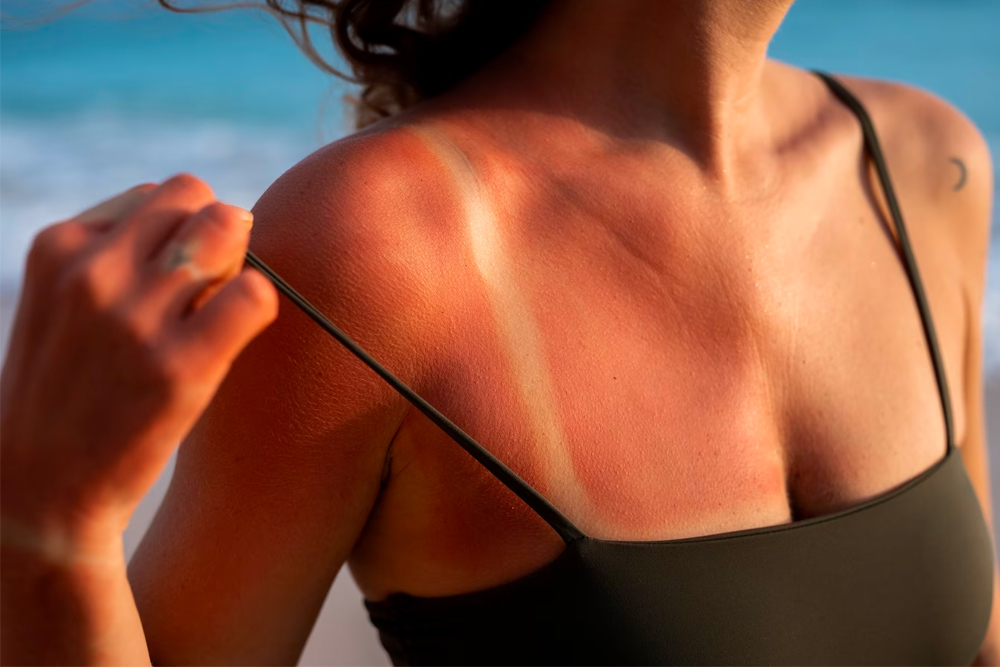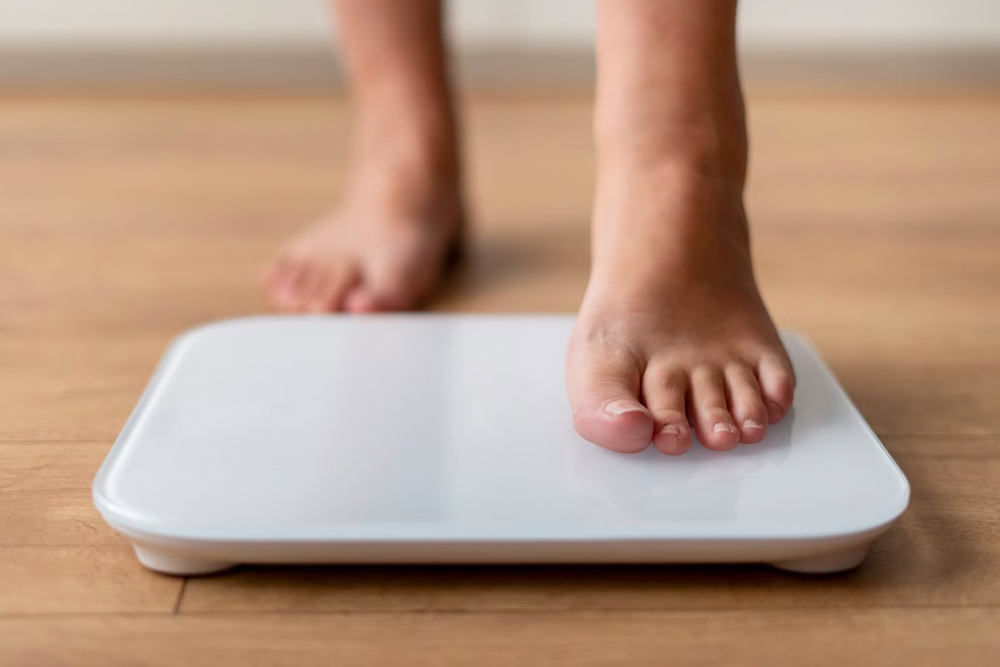- Mustafa Kadihasanoglu, MD, FEBU, FACS
- Semih Aktas, MD
- Emre Yardimci, MD
- Hale Aral, MD
- Ates Kadioglu, MD, FECSM
Published: November 26, 2020
Abstract
Background
SARS-CoV-2 which causes coronavirus disease 2019 (COVID-19) binds to angiotensin-converting enyzme 2 (ACE2) and enters the host cell. ACE2 protein is expressed highly in the testis.
Aim
The aim of this study was to compare male reproductive hormones such as total testosterone (TT), luteinizing hormone (LH), follicular stimulant hormone (FSH), and prolactin between patients with COVID-19, age-matched cases with non–COVID-19 respiratory tract infection, and age-matched controls.
Methods
This was a prospective cohort study and included 262 men aged between 20 and 65 years. The study comprised 3 groups including patients with COVID-19 (n = 89), cases with non–COVID-19 respiratory tract infection (n = 30), and age-matched controls (n = 143). All cases were evaluated using TT, LH, FSH, and prolactin. Correlations between TT and clinical parameters of patient groups were investigated using Pearson’s correlation test.
Outcomes
The primary outcome of the study was detection of the difference of TT, FSH, LH, and prolactin levels between the groups. Secondary outcome was to correlate TT and hospitalization time and oxygen saturation on hospital admission (SpO2) of patients.
Results
The mean age of study groups was 49.9 ± 12.5 years, 52.7 ± 9.6 years, and 50 ± 7.8 years, respectively (P = .06). Serum TT levels was median 185.52 ng/dL in patients with COVID-19, median 288.67 ng/dL in patients with non–COVID-19 respiratory tract infection and median 332 ng/dL in control cases, (P < .0001). The proportion of patients with testosterone deficiency in group 1, group 2, and group 3 was 74.2%, 53.3%, and 37.8%, respectively (P < .0001). Serum LH levels (P = 0.0003) and serum prolactin levels (P = .0007) were higher in patients with COVID-19 and patients with non–COVID-19 respiratory tract infection than control cases. Correlation analysis revealed significant negative correlation between serum TT levels and hospitalization time of patients with COVID-19 (r = –0.45, P < .0001). In addition, a significant positive correlation was observed between SpO2 and serum TT levels in patients with COVID-19 ( r = 0.32, P = .0028).
Clinical Implications
Physicians may consider to evaluate male patients with COVID-19 for concomitant androgen deficiency.
Strengths & Limitations
Strengths include the evidence about the alteration of male reproductive hormones under COVID-19. Limitations include the analysis limited to one general hospital, only a single measurement of TT was available, free and bioavailable testosterone levels were not evaluated.
Conclusion
This study demonstrates COVID-19 is associated with decreased level of TT and increased level of LH and prolactin. More serious COVID-19 causes more reduction in TT levels and prolongs hospitalization period.Kadihasanoglu M, Aktas S, Yardimci E, et al. SARS-CoV-2 Pneumonia Affects Male Reproductive Hormone Levels: A Prospective, Cohort Study. J Sex Med 2021;18:256–264.
To Read the Full Article, click here
Hits: 31








